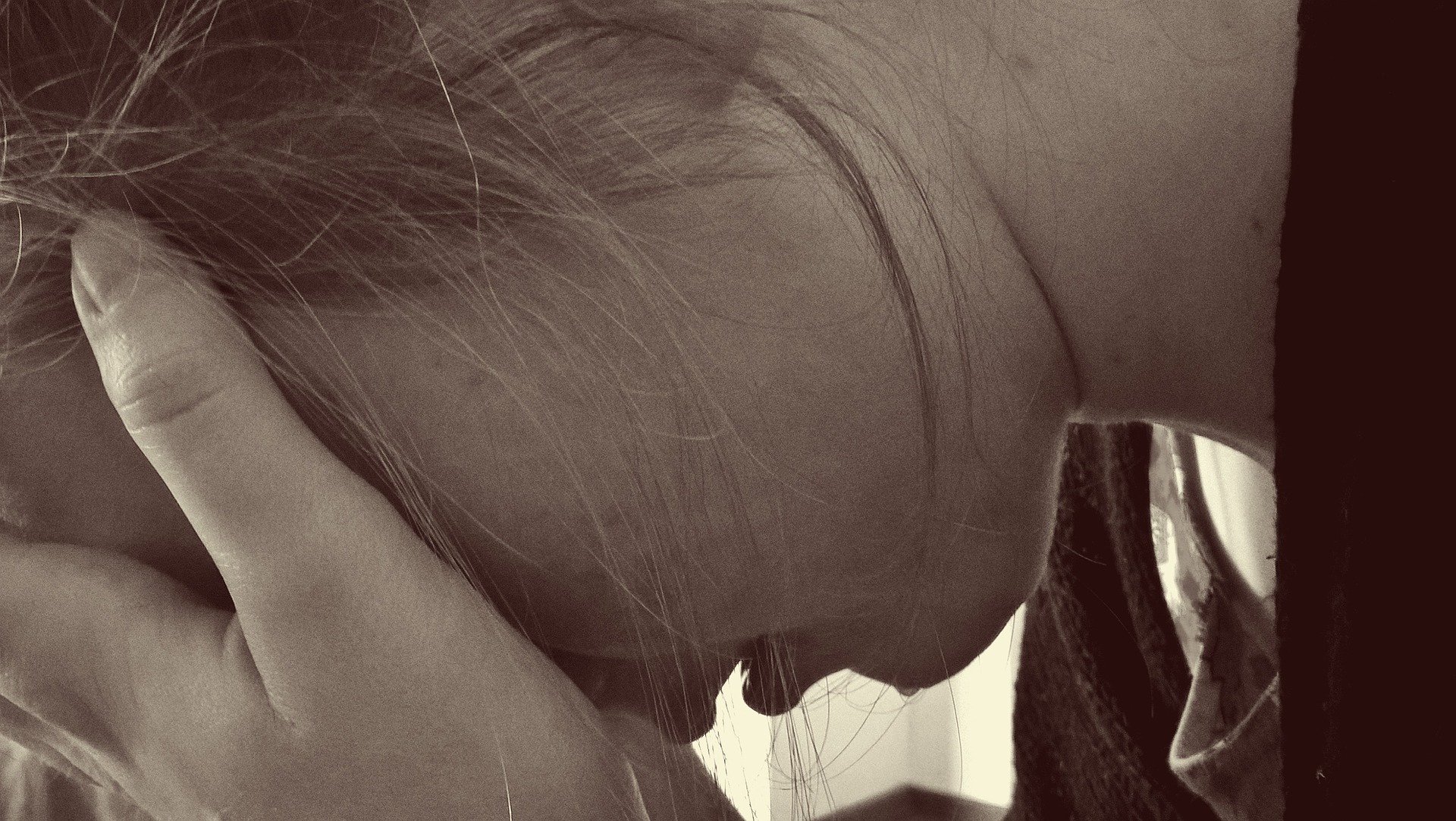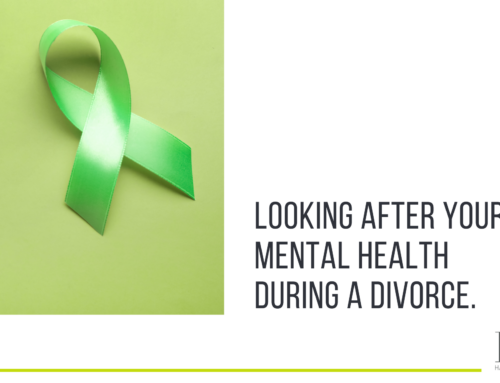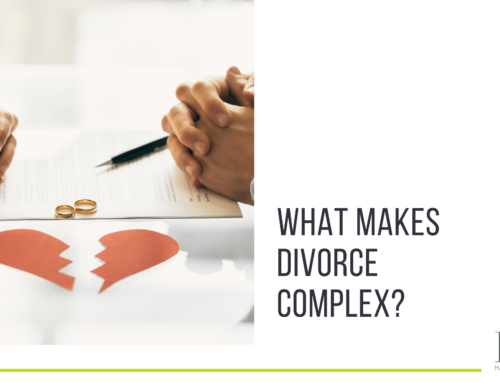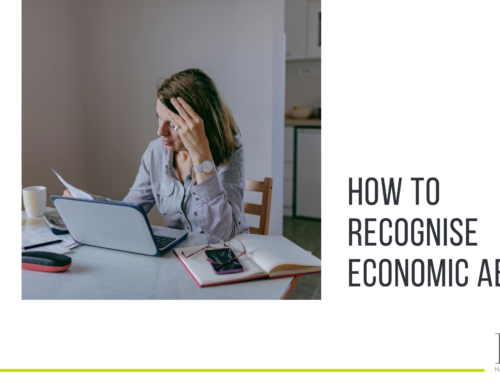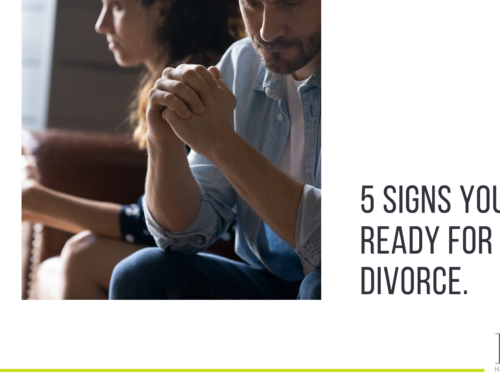Do you feel frustrated that you are being denied a say on financial matters? Afraid that you cannot afford to leave? Perhaps you feel worthless from repeated criticism? Or isolated from friends and family? You may live in fear of saying the wrong thing.
You are not alone. It is estimated that one in four women and one in eight men in the UK have reported being victims of domestic abuse. The behaviour they are subjected to isn’t always physical violence. It can manifest as controlling and coercive behaviour as well as psychological, emotional or financial abuse. This can last for many years and it is easy for it to become so normal that you don’t even consider that you may be in an abusive relationship.
Far too often, victims only manage to escape when the situation has reached crisis point but you don’t need to wait for an emergency to happen before you seek help.
Finding support
You should talk to your GP. If you have been the victim of abuse, its beneficial for there to be a record of this on your medical notes.
Often living with an abuser can take a toll on your emotional health. Support services can help you process what you have been through and prevent you from letting it negatively affect your other/future relationships. Your GP can check your emotional health and recommend appropriate support services, if required.
There are various charities who support both men and women in getting help. Details of some of these charities can be found at: https://www.citizensadvice.org.uk/family/gender-violence/domestic-violence-and-abuse-getting-help/
Local charity IDAS offers specialist support to women in Yorkshire https://www.idas.org.uk . Men can call Men’s Life Advice on 0808 8010 327.
Making a safety plan
A safety plan can help you work out how to protect yourself and your children. It helps you prepare for what to do if you experience further violence and abuse.
If you decide to leave, it helps you do so safely. An abuser’s behaviour can become much worse once they know you are thinking of leaving so be very careful who you tell and how you prepare. Many of the charities listed here: https://www.citizensadvice.org.uk/family/gender-violence/domestic-violence-and-abuse-getting-help/ will work with you to create a plan you are comfortable with.
Ending an abusive relationship will involve facing your fears and you may make several attempts to do it before being successful. If you falter and end up back where you started, don’t blame yourself. Having someone to support you, who has been through the process many times with people in similar situations to yours, makes it much easier.
Space to think
You may think that things will get better but all of the people we have worked with now recognise that their partner’s behaviour will never change. The only way you can think clearly about what you want for your life is to have some time to think away from your abuser.
Talk to a family solicitor early on so that you know exactly what you need to do to protect yourself financially and emotionally should you decide to permanently separate. This will give you the best chance of securing your financial future for you and your children. Many abusers are manipulative and will tell you that if you leave them “you will get nothing”. An expert family solicitor can help you understand what you are entitled to so you can make fully informed decisions, freely and at your own pace.
We often help people who are worried about how they could afford to leave. Perhaps they rely on their abuser financially. If you have been subject to abuse it may be possible to negotiate for your spouse to move out and continue to make a financial contribution so you can afford your outgoings.
There are legal avenues which can offer immediate protection from an abuser. These include:
- A non-molestation order to prohibit your partner or spouse from using or threatening violence against you or your children, or intimidating, harassing or pestering you.
- An occupation order to set out who can live in the family home (or certain parts of it). It can also restrict someone from entering the area surrounding a home/the children’s schools, where appropriate.
We are experts at helping people take the initial steps to protect themselves and take back control of their lives.
To speak to one of our friendly solicitors for a confidential chat give us a call today on 01423 594680.

Laura Mounsey is a family lawyer with experience of working on cases involving properties, trusts, businesses and pensions. Laura is a dedicated and talented lawyer who has been recognised with a “Safe Pair of Hands” Award.
Everyone’s circumstances are different and this article is provided by way of general information only and must not be relied upon. If you require legal advice on a family law issue, please feel free to contact us by emailing enquiries@harrogatefamilylaw.co.uk.

